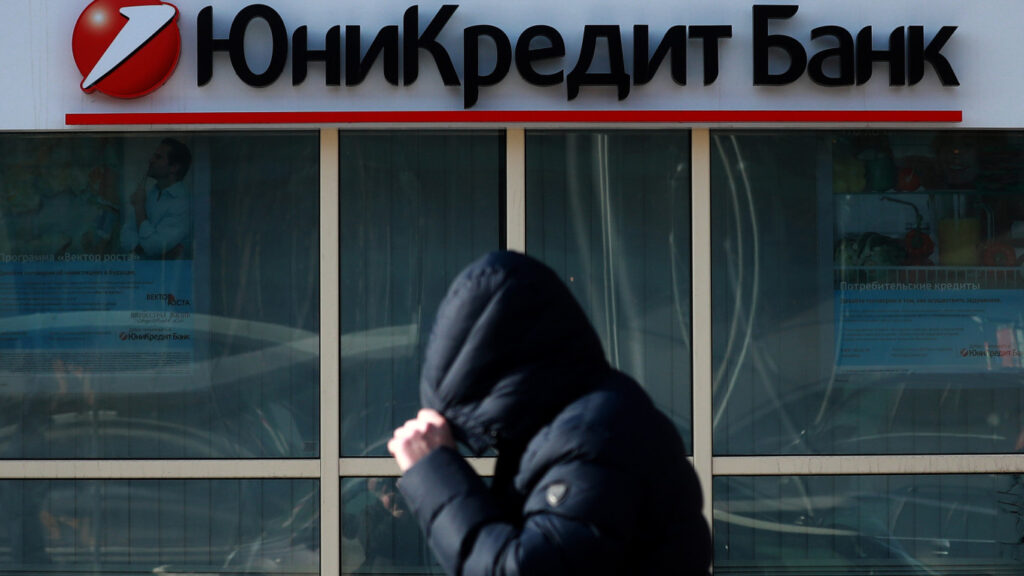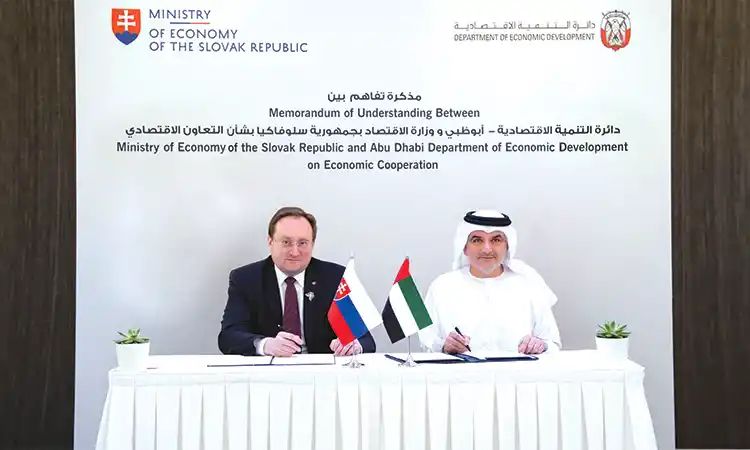Russian Court to Seize €700mn from UniCredit and Deutsche Bank
In a significant legal and financial development, a St. Petersburg court has seized over €700 million worth of assets belonging to three major Western banks: UniCredit, Deutsche Bank, and Commerzbank. This action marks one of the largest moves against Western financial institutions since the escalation of tensions following Russia’s full-scale invasion of Ukraine. The seizures are linked to a dispute involving Ruskhimalliance, a subsidiary of the Russian state-controlled gas giant Gazprom.
Western Lenders Under Pressure
The seizures come in the wake of directives from the European Central Bank (ECB) urging Eurozone banks to expedite their exit strategies from Russia. Since the invasion of Ukraine, many international banks have been attempting to reduce or completely wind down their Russian operations. However, legal disputes and regulatory challenges have complicated these efforts, as evidenced by this latest court action.
Details of the Asset Seizures
UniCreditThe court seized €463 million of assets belonging to Italy’s UniCredit, which amounts to about 4.5% of its assets in Russia. The frozen assets include shares in UniCredit’s Russian subsidiaries, as well as stocks and funds owned by the bank. This move directly impacts UniCredit’s ability to manage its investments and operations within Russia.
Deutsche BankSimilarly, Deutsche Bank saw €238.6 million of its assets seized. These assets include property and holdings in its Russian accounts. The court also ruled that Deutsche Bank cannot sell its business in Russia without the approval of Russian President Vladimir Putin. This restriction poses significant operational challenges for the bank, which has been attempting to mitigate risks and liabilities in the region.
The Dispute’s Origins
The legal battle began in August 2023 when Ruskhimalliance filed a claim in a St. Petersburg arbitration court. The dispute centers on bank guarantees under a contract with the German engineering company Linde. Ruskhimalliance, which operates a gas processing and LNG production facility in Ust-Luga, contracted Linde in July 2021 for the design, equipment supply, and construction of the complex. However, Linde suspended its work due to EU sanctions imposed following Russia’s invasion of Ukraine.
Ruskhimalliance subsequently sought to claim bank guarantees from the guarantor banks, which include UniCredit, Deutsche Bank, Commerzbank, Bayerische Landesbank, and Landesbank Baden-Württemberg. The Western banks refused to honor these guarantees, citing that such payments could violate European sanctions against Russia.
The affected banks have responded with caution. UniCredit acknowledged the court filing and stated that only assets proportional to the dispute would be affected. Deutsche Bank highlighted that it is protected by an indemnification from a client and has provisioned €260 million to cover the lawsuit. Both Bayerische Landesbank and Landesbank Baden-Württemberg declined to comment, while Commerzbank has yet to respond.
Italy’s foreign minister has scheduled a meeting to address the seizures impacting UniCredit, reflecting the high stakes and political ramifications of this financial conflict. UniCredit remains one of the largest European lenders in Russia, employing over 3,000 people and reporting significant profits from its Russian operations despite ongoing geopolitical tensions.
This seizure is part of a broader pattern of increasing legal and financial pressures on Western banks operating in Russia. Last month, a Russian court ordered the seizure of over $400 million from JPMorgan Chase, further complicating the financial landscape for international banks in Russia. These actions are seen as part of Russia’s strategy to exert pressure on Western institutions amid escalating sanctions and geopolitical strife.
As the ECB continues to push for detailed exit plans from Eurozone lenders, the legal and financial challenges in Russia may prompt more aggressive measures from both sides. The outcome of these disputes will likely shape the future strategies of Western banks operating in politically volatile regions. For now, the significant asset seizures underscore the complexities and risks involved in the international banking sector amid ongoing geopolitical conflicts.






